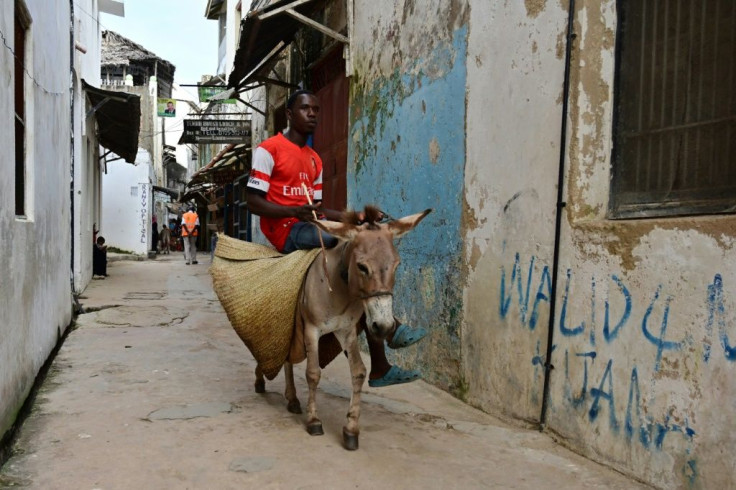Kenya Bans Controversial Donkey Slaughter Trade

Kenya has decided to ban the slaughter of donkeys for use in Chinese medicine, a practice condemned by animal rights activists as cruel, unnecessary and devastating to donkey populations in Africa, a minister said on Thursday.
Agriculture Minister Peter Munya told AFP that the ban, imposed earlier this week, came after "people petitioned my office to ban the slaughtering of donkeys because theft of donkeys to sell had increased".
A ministry statement said rampant theft of donkeys was hitting farmers who use them to transport agricultural produce and water, and causing "massive unemployment".
Four abattoirs dealing in donkey meat have been given a month to stop the practice.
People for the Ethical Treatment of Animals (PETA) hailed Kenya's decision to "cut ties with a cruel trade that sentences gentle donkeys to miserable deaths by the millions."
"No one needs donkey skin except the animals who were born in it," said PETA Senior Vice President of International Campaigns Jason Baker.
Donkey skins are exported to China to make a traditional medicine known as ejiao, which is believed to improve blood circulation, slow ageing, and boost libido and fertility.
It was once the preserve of emperors but is now highly sought after by a burgeoning middle-class.
A PETA investigation last year showed donkeys being cruelly beaten by workers, or dead after long truck journeys from neighbouring countries.
UK-based animal welfare organisation The Donkey Sanctuary told AFP at the time that there were tales of the animals being rounded up and machine-gunned or bludgeoned to death
China is increasingly looking to Africa to satisfy demand as its own donkey population has nearly halved in recent years.
However several African countries have now banned Chinese-funded abattoirs or implemented policies to stop the export of donkey skins to China.
Donkeys reproduce slowly and do not handle stress well, and activists have raised fears that populations could be wiped out in east Africa in a matter of years.
© Copyright AFP 2024. All rights reserved.





















